国际学生入学条件
2:2 UK honours degree (or international equivalent). Your degree needs to support the subject knowledge requirements of the national curriculum. For exceptional candidates, particularly those with substantial relevant work experience in schools or relevant occupations, we will consider applications from those who hold a 3rd class degree. GCSEs at grade C or 4 or above in English language and mathematics. We don't accept the following qualifications as equivalent to GCSE: adult numeracy and literacy, functional skills or key skills. However, equivalency tests in English, mathematics and science are provided by Manchester Metropolitan University. The School of Teacher Education will accept these equivalency tests for any of its initial teacher education courses at undergraduate or postgraduate level. Successful candidates will demonstrate a good understanding of teaching and learning within a secondary school setting as well as show the potential to develop as a teacher. Candidates should be able to evidence their understanding by drawing on related examples or experiences, such as time spent in schools or other educational settings. A Disclosure and Barring Service Check and DfE Fitness to Teach test are also required.
展开
IDP—雅思考试联合主办方

雅思考试总分
7.0
- 雅思总分:7
- 托福网考总分:60
- 托福笔试总分:160
- 其他语言考试:NA
CRICOS代码:
申请截止日期: 请与IDP联系 以获取详细信息。
课程简介
On the University-led and School Direct PGCE routes, you will have lectures and seminars at Manchester Metropolitan and usually spend at least 120 days on placements in schools across the North West. At university, you will mainly study with students in your specialism. You’ll learn how to plan and deliver lessons through interactive, hands-on workshops. Although you will mostly learn with your subject group, you’ll take critical studies lectures and reflect on professional development in sessions with mixed groups with students from other subject areas. These sessions help you to develop all aspects of your professional practice. Some of the topics you’ll explore include behaviour management, mental health and emotional wellbeing, teacher persona, and safeguarding. You will also develop your study skills during these lectures, engaging with the latest educational research and theories. Engaging with research ensures your classroom practice is current and meets the needs of your learners. Many of your tutors are involved in research and will be able to provide insight into how this informs your teacher persona and classroom practice. At the beginning of the course, you’ll be supported in developing your study skills and how to engage with postgraduate studies, alongside being introduced to education and the professional requirements of teachers.We’ll also give you a full overview of the year and the tasks you’ll be completing, to help you to stay organised throughout the course.You’ll also be supported with your employability throughout the course. Tutors and mentors will help you to develop your teaching CV and prepare you for your first post as an early career teacher. On your placements, you’ll put the skills you’ve learnt at university into practice and build your confidence in the classroom. You will develop your subject knowledge and understanding of subject specialist teaching. Whilst on placement, you’ll be supported by an experienced mentor. They will guide you through all aspects of your placement, from teaching your first lesson to assessing and reporting to parents. During your placements, you will meet a variety of different learners and you’ll be supported to develop your teaching to meet their individual needs. When you graduate, you will gain a Postgraduate Certificate in Education (PGCE) in your subject, and Qualified Teacher Status (QTS) and can work at any level in schools and colleges.You will also be awarded 60 masters’ credits (a masters degree is 180 credits), which you could put towards further study and career development.
展开







 预科
预科 奖学金
奖学金 实习机会
实习机会 在校学习
在校学习 跨境学习
跨境学习 校园授课-线上开始
校园授课-线上开始 在线/远程学习
在线/远程学习



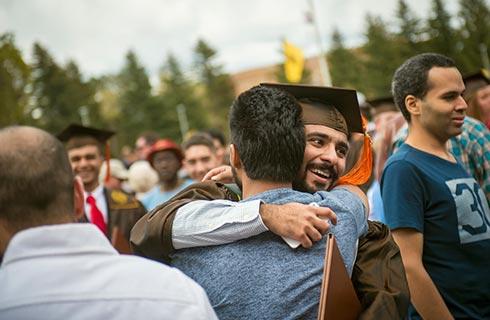



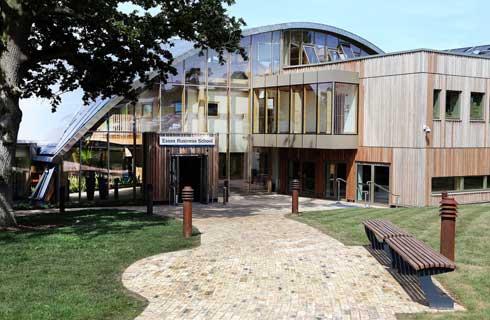





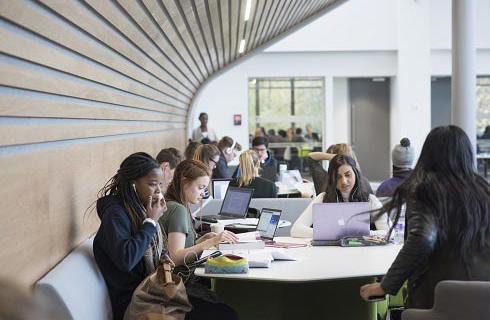
 阿德莱德大学
阿德莱德大学
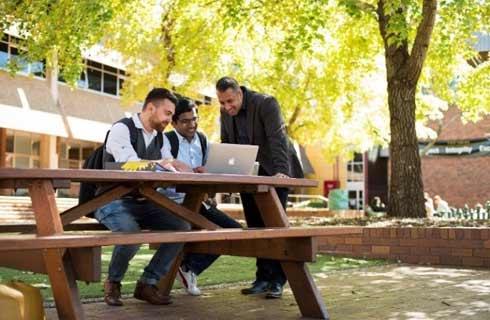
 南昆士兰大学
南昆士兰大学
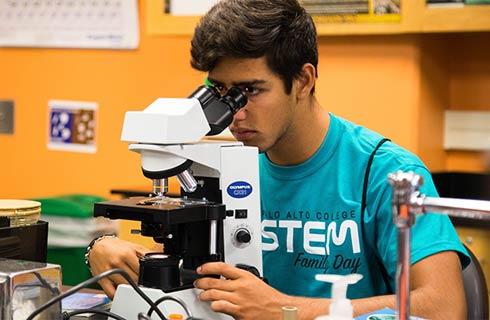
 西悉尼大学
西悉尼大学

 阳光海岸大学
阳光海岸大学
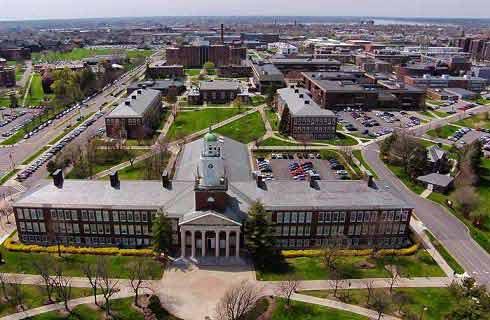
 莫道克大学
莫道克大学
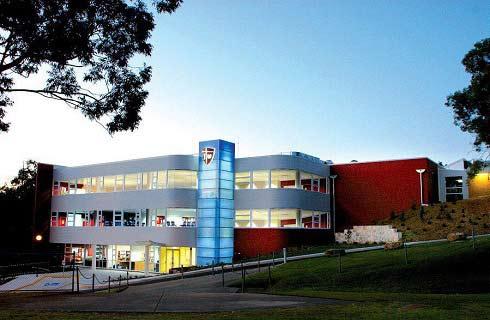
 悉尼大学
悉尼大学









 英国
英国